RAED RAFEI interviews COLETTE BAHNA.
Translated from the Arabic by Raed Rafei.

Pharaohs, Distorted Body Parts, and Eclectic Symbolism
From her home in Syria, Colette Bahna has been producing short stories, novels, plays, television scripts, and journalism since the 1980s. Despite the raging war in her home country, Bahna remains tenaciously attached to staying there.
Bahna’s writing is infused with symbolism: ancient Egyptian history, biblical stories, and folk tales all allow her to write about life under despotism. With dark and piercing irony, she manages to go beyond the confines of the Syrian experience to compose timeless stories about injustice, tyranny, freedom, and love.
Lebanese journalist, translator, and filmmaker Raed Rafei spoke with Bahna about her short story “و/Waw,” which appears in Issue No.17 of The Common; interconnectedness in her texts; writing during times of oppression; and her decision to remain in Syria.
*

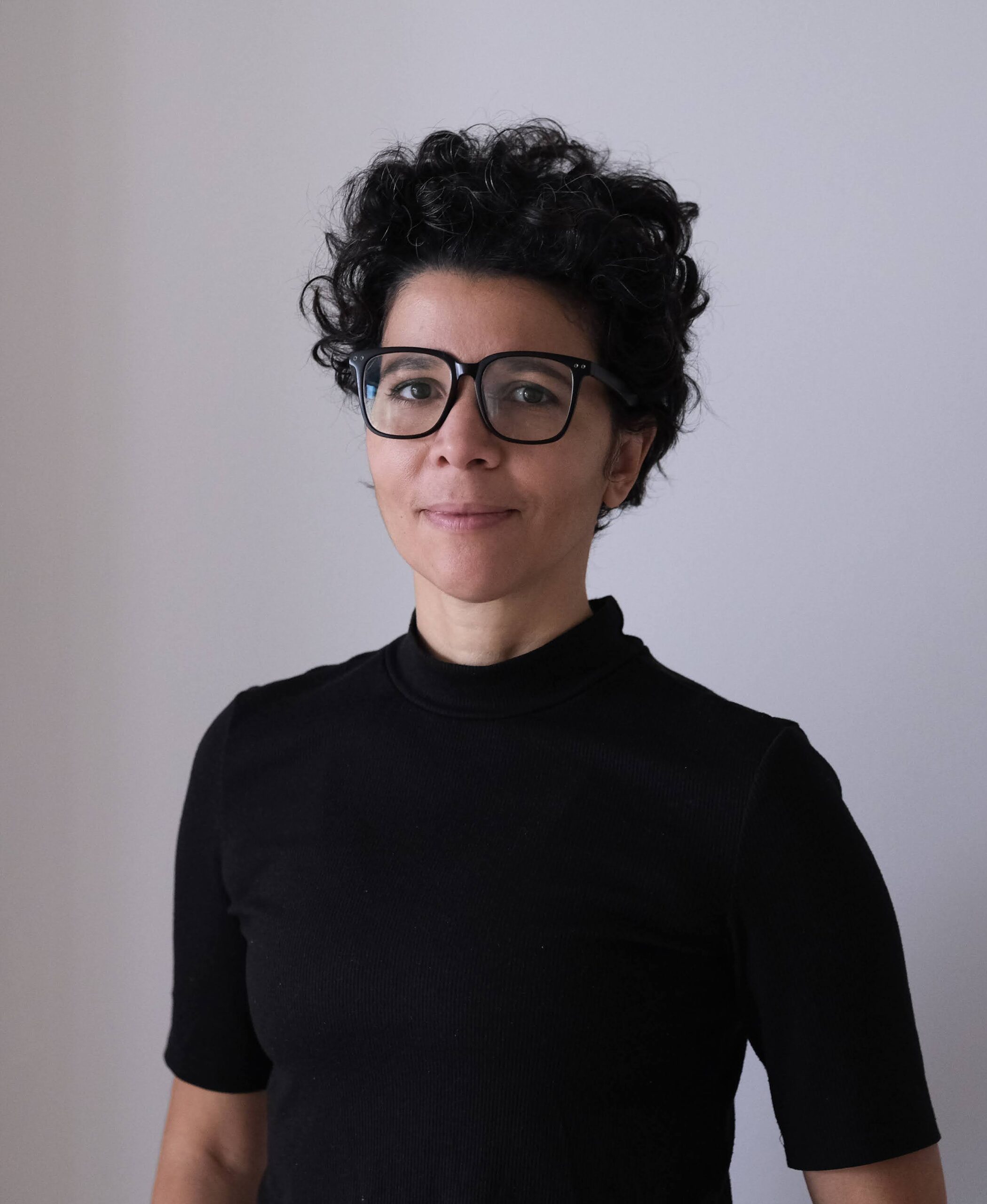
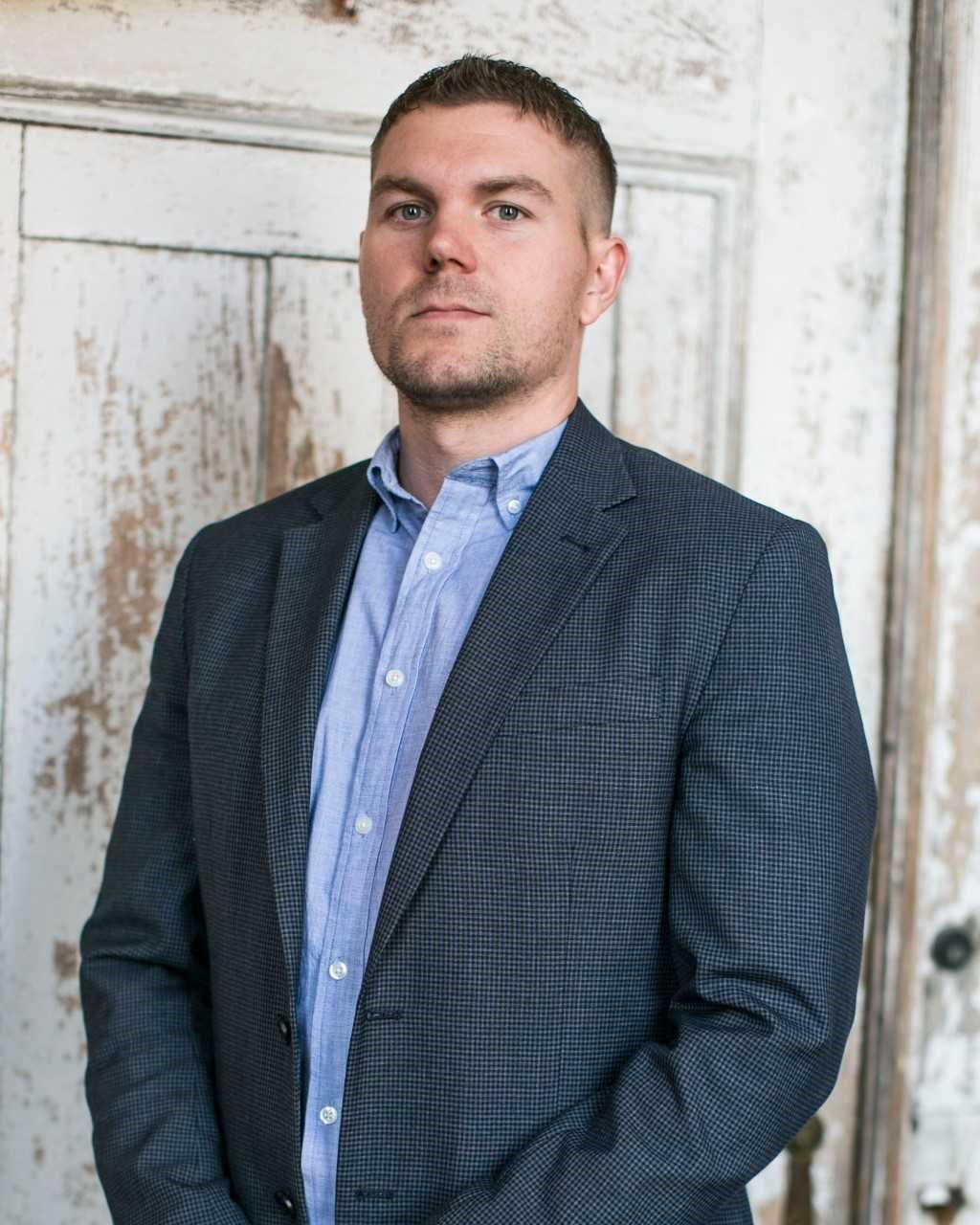
 This interview is the fifth in a new series, Writers on Writing, which focuses on craft and process. The series is part of The Common’s 10th anniversary celebration.
This interview is the fifth in a new series, Writers on Writing, which focuses on craft and process. The series is part of The Common’s 10th anniversary celebration.
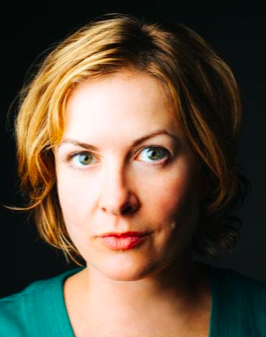

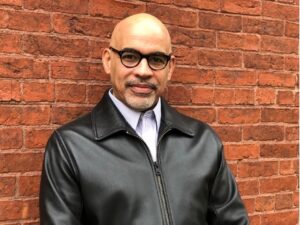
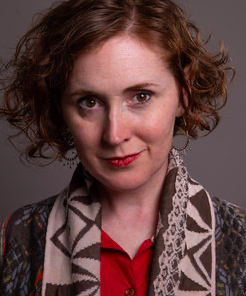

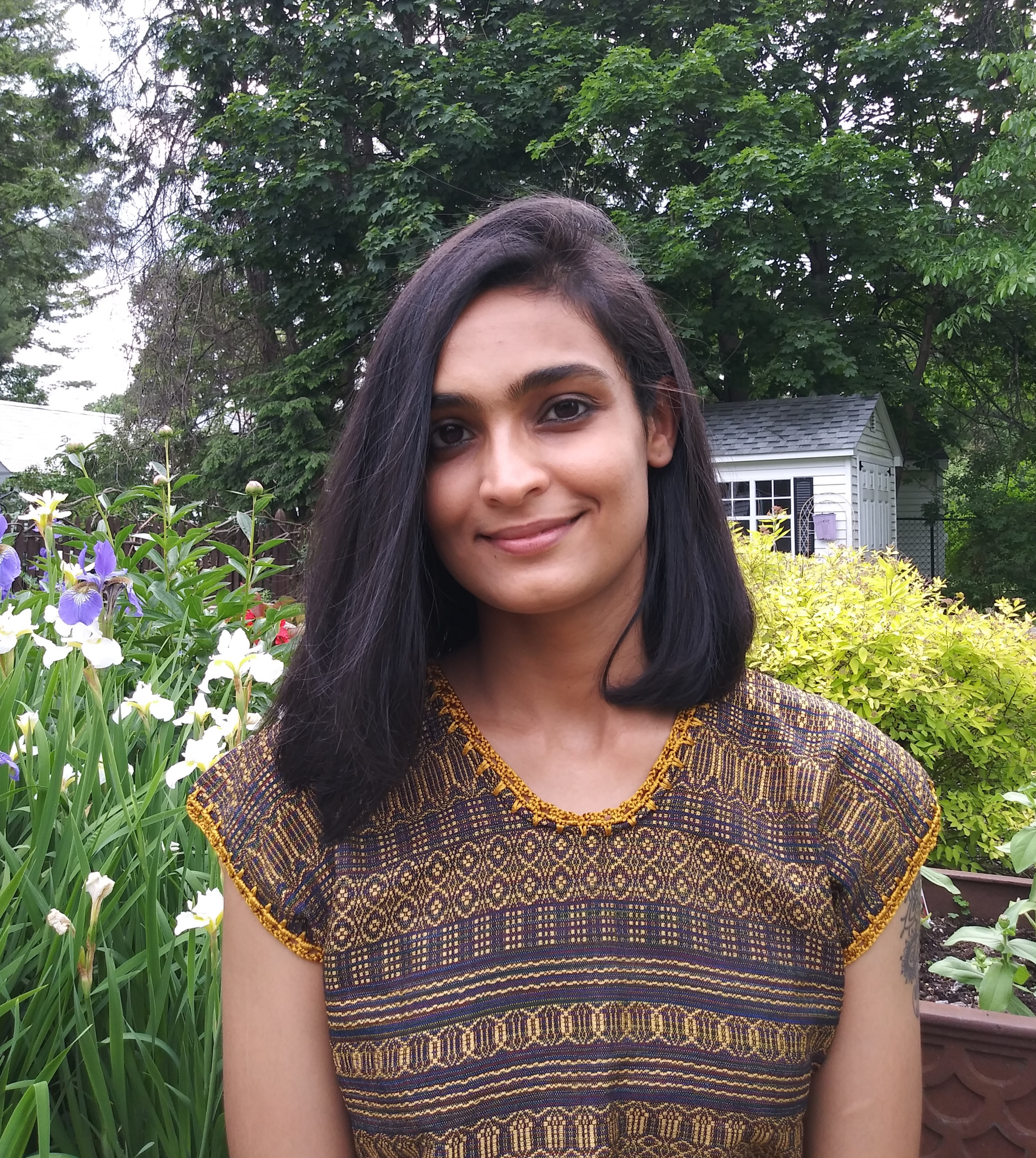
 This interview is the third in a new series, Writers on Writing, which focuses on craft and process. The series is part of The Common‘s 10th anniversary celebration.
This interview is the third in a new series, Writers on Writing, which focuses on craft and process. The series is part of The Common‘s 10th anniversary celebration. Kritika Pandey
Kritika Pandey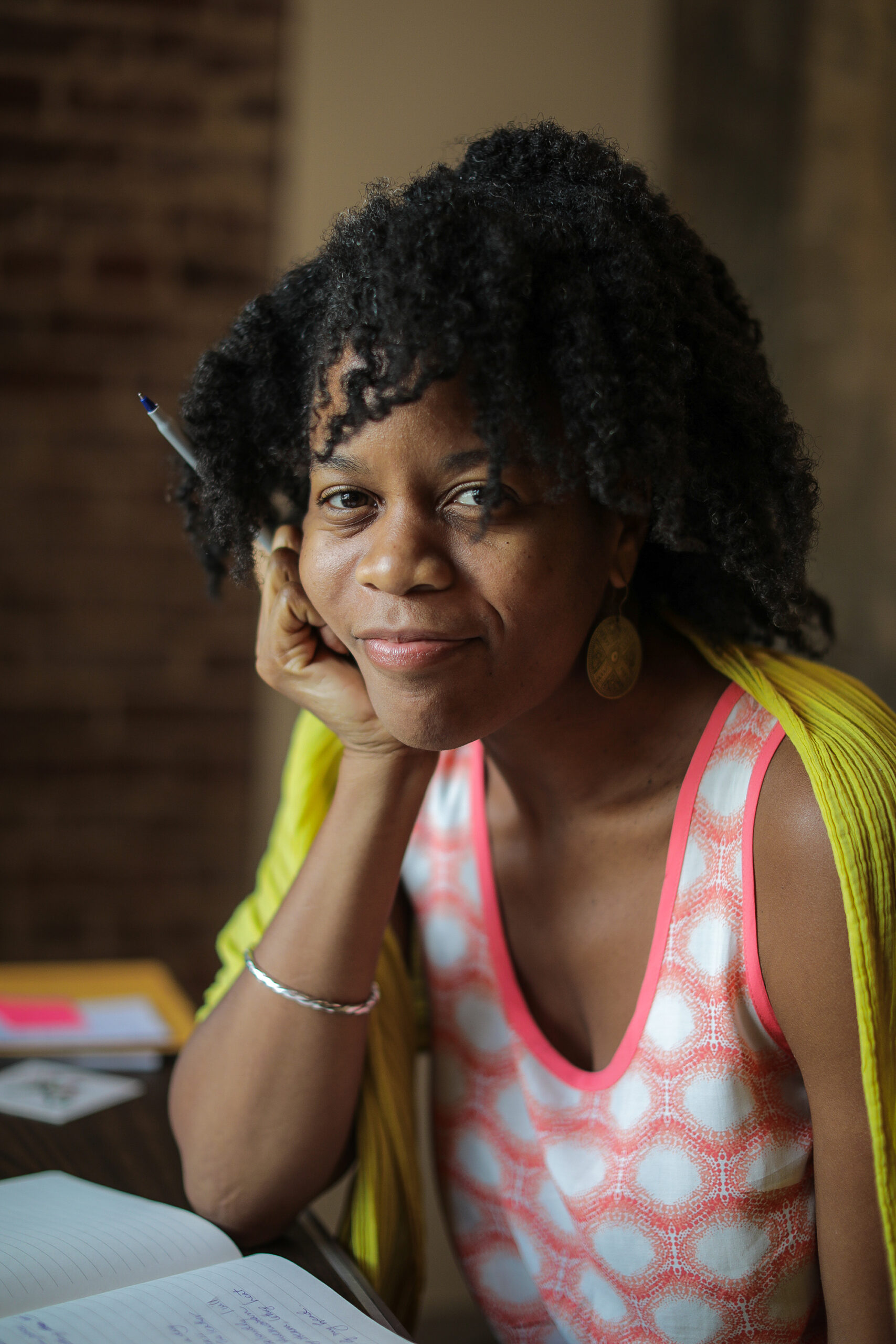
 This interview is the second in a new series, Writers on Writing, which focuses on craft and process. The series is part of The Common‘s 10th anniversary celebration.
This interview is the second in a new series, Writers on Writing, which focuses on craft and process. The series is part of The Common‘s 10th anniversary celebration. Ama Codjoe
Ama Codjoe


 This interview is the first in a new series, Writers on Writing, which focuses on craft and process. The series is part of The Common‘s 10th anniversary celebration.
This interview is the first in a new series, Writers on Writing, which focuses on craft and process. The series is part of The Common‘s 10th anniversary celebration.


